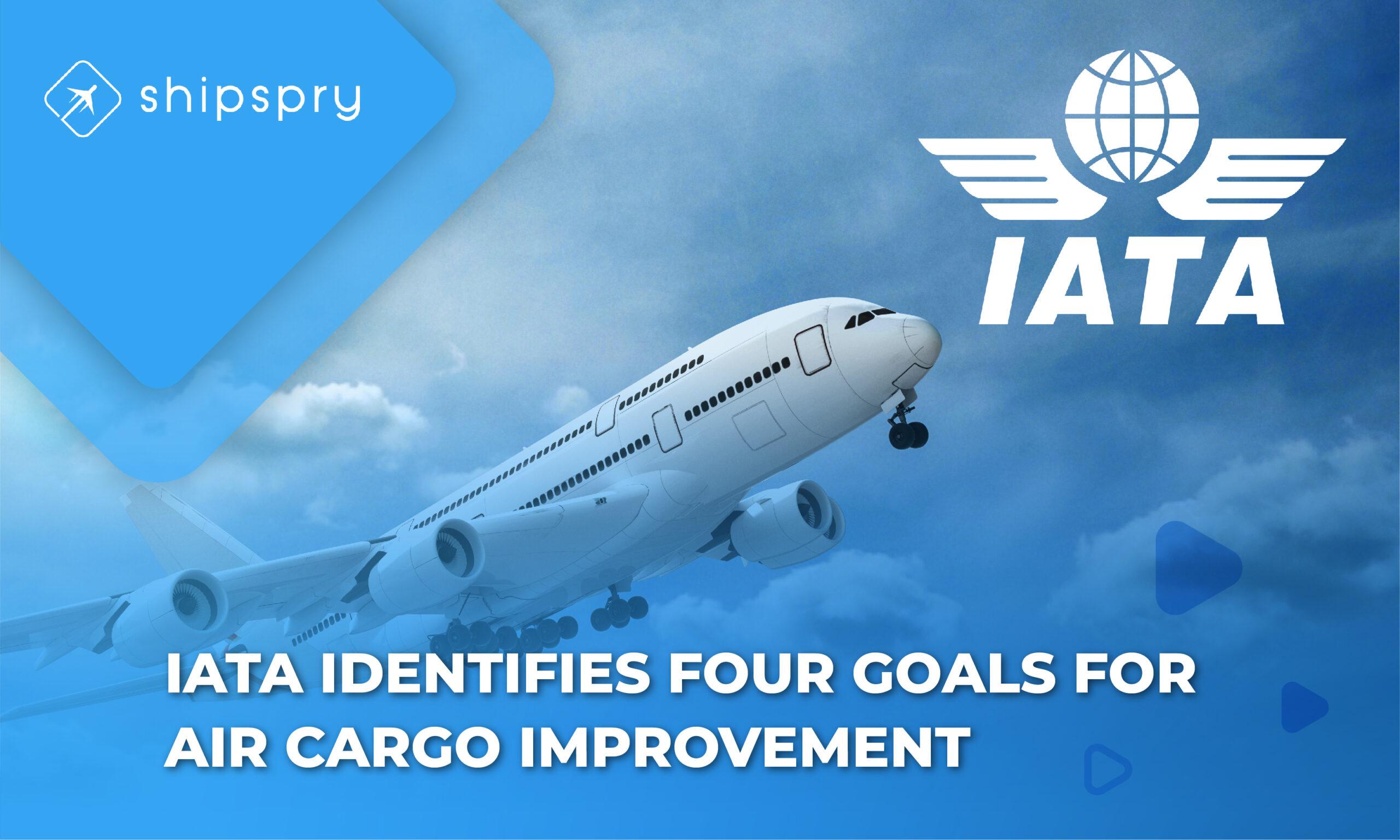 October 14, 2022 - By : admin
October 14, 2022 - By : admin
The key priorities, which were outlined at the organisation’s 15th World Cargo Symposium (WCS) held in London, are listed as:
*Achieving net-zero carbon emissions by 2050;
*Continuing the modernisation of processes;
*Finding better solutions to safely carry lithium-ion batteries; and
*Making air cargo attractive to new employee talent.
Even though air cargo enjoyed “a stellar year” in 2021, achieving $204billion in revenues, IATA cargo chief Brendan Sullivan nevertheless acknowledges that, at present, social and economic challenges are mounting. “The war in Ukraine has disrupted supply chains, jet fuel prices are high and economic volatility has slowed GDP growth,” he says.
“Despite this, there are positive developments,” he notes. E-commerce continues to grow, COVID restrictions are easing and high-value specialised cargo products are proving resistant to economic ups-and-downs.
“Going forward, achieving our net zero commitment, modernising processes, finding better solutions to safely carry lithium-ion batteries, and making air cargo attractive to new talent are all critical issues,” Sullivan stresses.
Congratulating the industry, he underscores: “The two points that I would like to make are: the air cargo industry is in a better place than it was in 2019. It is financially stronger, more efficient, with advances in digitalisation and better appreciated for the heroic efforts that you all made to keep air cargo moving through a very difficult crisis.”
By Nigel Tomkins
Source: https://aircargoeye.com/